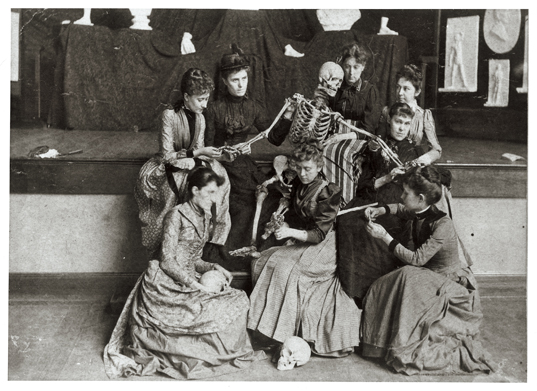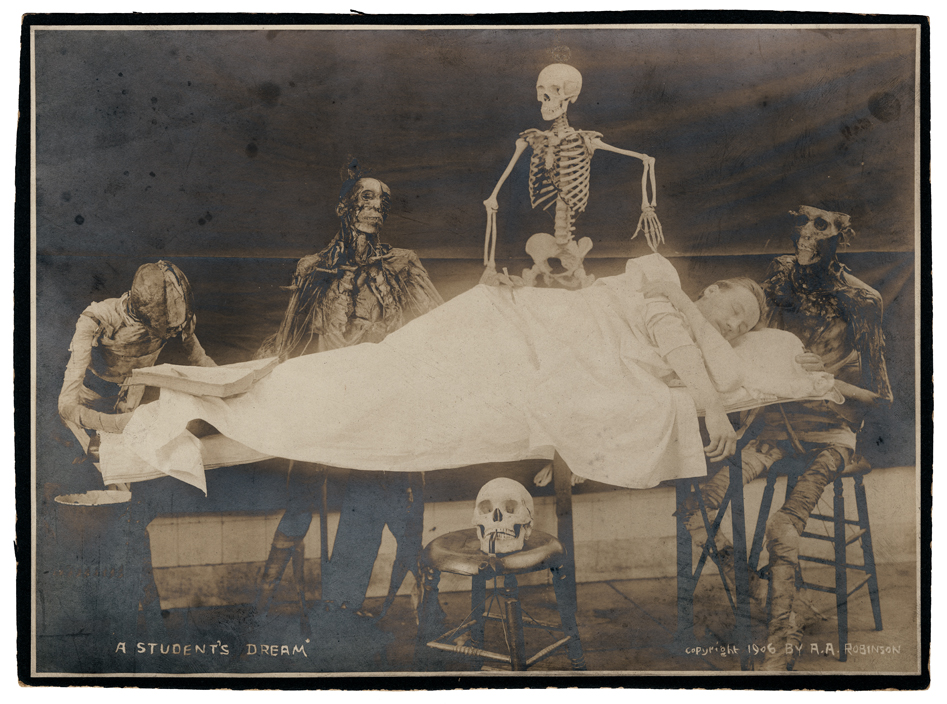Let it not be forgotten that today marks the 805th anniversary of the Fourth Crusade sacking Constantinople. Yes, that's right, the capital of the Byzantine Empire-- a Christian (albeit Eastern Orthodox) empire and stalwart buttress against the rising Ottoman tide. None of that mattered on April 12, 1204, though, and the resulting slaughter was the ultra-violent capstone on the most hilarious crusade ever. To make a long comedy short, the Warriors of Christ make it to Venice without enough money, so the cunning (and blind) Doge Dandolo cons them into paying for boats by assaulting the rebellious port-town of Zara. Hearing of this development, Pope Innocent III sent a pretty stern letter to the leaders of the crusade, reminding them that killing other Christians wasn't really in the spirit of the venture, and threatening excommunication if they pulled another stunt like it.
Things might have gone smoothly at this point were it not for the appearance of Alexius Angelus. A claimant to the throne of Byzantium, Alexius (IV, or so he hoped) offered the flat-broke Knights of the Cross a humongous pile of money if they helped him reclaim his throne from Alexius III. So, they did.
The siege began around July 17, 1203, and lasted until April of the following year, during which period many wacky developments occurred, including the crusaders instating Alexius as emperor, then attacking a mosque defended by Greeks and Turks alike, and the Venetians mistakenly burning down a huge part of the city. Oops.
It all really went to hell (well,
more to hell) when one of Alexius IV's courtiers, Alexius "Murtzuphlos"* Ducas had the new emperor strangled to death and proclaimed himself Alexius V.** This made the crusaders angry. And you won't like them when they're angry... Despite the Pope's warning not to do anything stupid, the Holy Warriors (for lack of a better term) totally got medieval on Byzantium's ass.
I think Papa Innocent summed it up best in
this letter:
"As for those who were supposed to be seeking the ends of Jesus Christ, not their own ends, who made their swords, which they were supposed to use against the pagans, drip with Christian blood, they have spared neither religion, nor age, nor sex. They have committed incest, adultery, and fornication before the eyes of men. They have exposed both matrons and virgins, even those dedicated to God, to the sordid lusts of boys.*** Not satisfied with breaking open the imperial treasury and plundering the goods of princes and lesser men, they also laid their hands on the treasures of the churches and, what is more serious, on their very possessions. They have even ripped silver plates from the altars and have hacked them to pieces among themselves. They violated the holy places and have carried off crosses and relics."
Anyway, suffice it to say they all got excommunicated, the end.**** So the Crusade never got within spitting distance of the Holy Land, Constantinople got absolutely mashed, and the schism between the Eastern and Western Churches was pretty much solidified. So did anyone really win?
Yep. The Venetians did. Heaps and heaps of filthy Byzantine lucre poured into Venice-- most famously, the giant horses on the
Basilica di San Marco. They stand as pigeon shit-covered monuments to the Lost Crusade, and to the eternal idiocy of "holy" war.
Footnotes
*A reference to his prominent eyebrows which, depending on the source you read, were either "bushy," "luxuriant," or "conjoined and overhanging."
**No, being named Alexius was not a requirement for the empry. Sure seems like it though.
***Ah, the sordid lusts of boys. To what ends will they not drive us? This is crucially different from the sordid lust
for boys, which would be a thorn in the Church's side in a different century.
****Sort of. The ones who stayed to defend Constantinople got absolved and had their pilgrimage vows annulled, which elicited a huge "WTF?" from Innocent (see the above-linked letter).

 They come from a newly-released book, Dissection: Photographs of a Rite of Passage in American Medicine 1880–1930. I think I need it.
They come from a newly-released book, Dissection: Photographs of a Rite of Passage in American Medicine 1880–1930. I think I need it.

 They come from a newly-released book, Dissection: Photographs of a Rite of Passage in American Medicine 1880–1930. I think I need it.
They come from a newly-released book, Dissection: Photographs of a Rite of Passage in American Medicine 1880–1930. I think I need it.